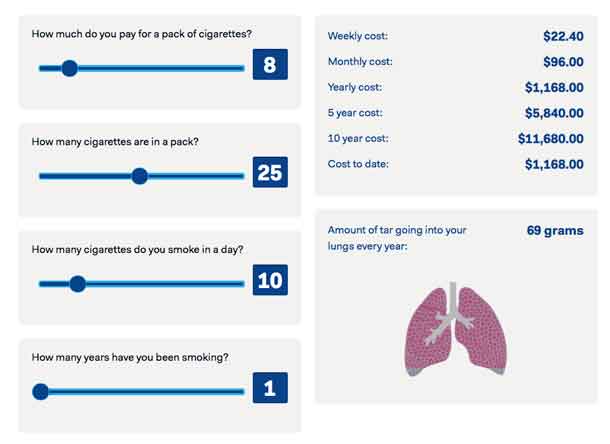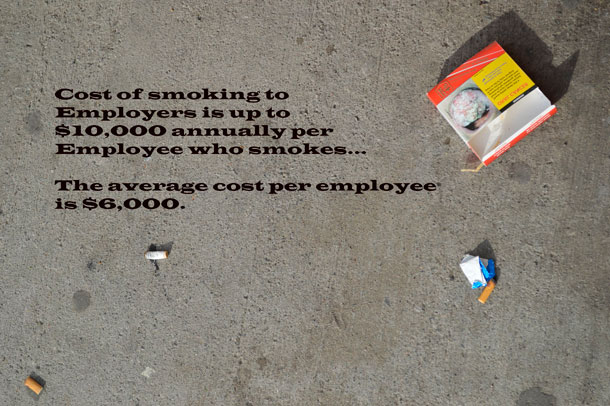
THUNDER BAY – The cost of smoking adds up. The real cost of smoking tobacco hits in many ways, your health, the health of those around you, but especially in the pocketbook.
Even smoking just a few cigarettes a day can add up to a cost few people take the time to calculate.
Smoking numbers over time have been coming down for many segments of Canada’s population.
Part of that is that increasingly people are realizing that the impact of smoking on their health is a serious issue. Some people are realizing that the cost of smoking is pulling money out of their pocket that could well be spent on more important items.
One sector of the population where smoking rates are extremely high is in Canada’s Indigenous population.
Physicians for a Smoke Free Canada report, “Smoking rates among Canada’s Aboriginal populations are, on average, twice as high as those of non-Aboriginal Canadians. (39% vs. 20.5%). Rates are highest for Inuit Canadians (49%), followed by First Nations Canadians (40.1%) and Métis (36.8). Aboriginal smokers represent almost 6% of Canadian smokers.”
Figure out what smoking costs you: www.quitnow.ca/quitting/calculate-my-savings
The use of ceremonial tobacco in Indigenous culture, as a part of ceremony is very important and has a long and respected tradition.
However the impact of smoking cigarettes on the health and economic welfare of Indigenous people is a serious issue.
The Government of Canada report:
“The First Nations and Inuit Health Branch of Health Canada reports the following facts on smoking rates in First Nations and Inuit communities:
- Fifty nine percent of on-reserve First Nations people smoke;
- Fifty eight percent of Inuit in the north smoke;
- Almost half of Inuit (46%) who smoke started smoking at age 14 or younger; and
- The majority of on-reserve First Nations people who smoke (52%) started smoking between the ages of 13 and 16.
“These statistics are from the First Nations Regional Health Longitudinal Survey 2002/2003, 2006 Aboriginal Peoples Survey, 2004 Baseline Study among First Nations On-reserve and Inuit in the North, Environics Research Group.”
There are many programs out there to help people to quit smoking.
Starting a new year, many people make resolutions to make positive changes in their lives.
Stopping smoking is one that not only benefits your health, but also will benefit your pocketbook.

Is 2017 the year you quit?






